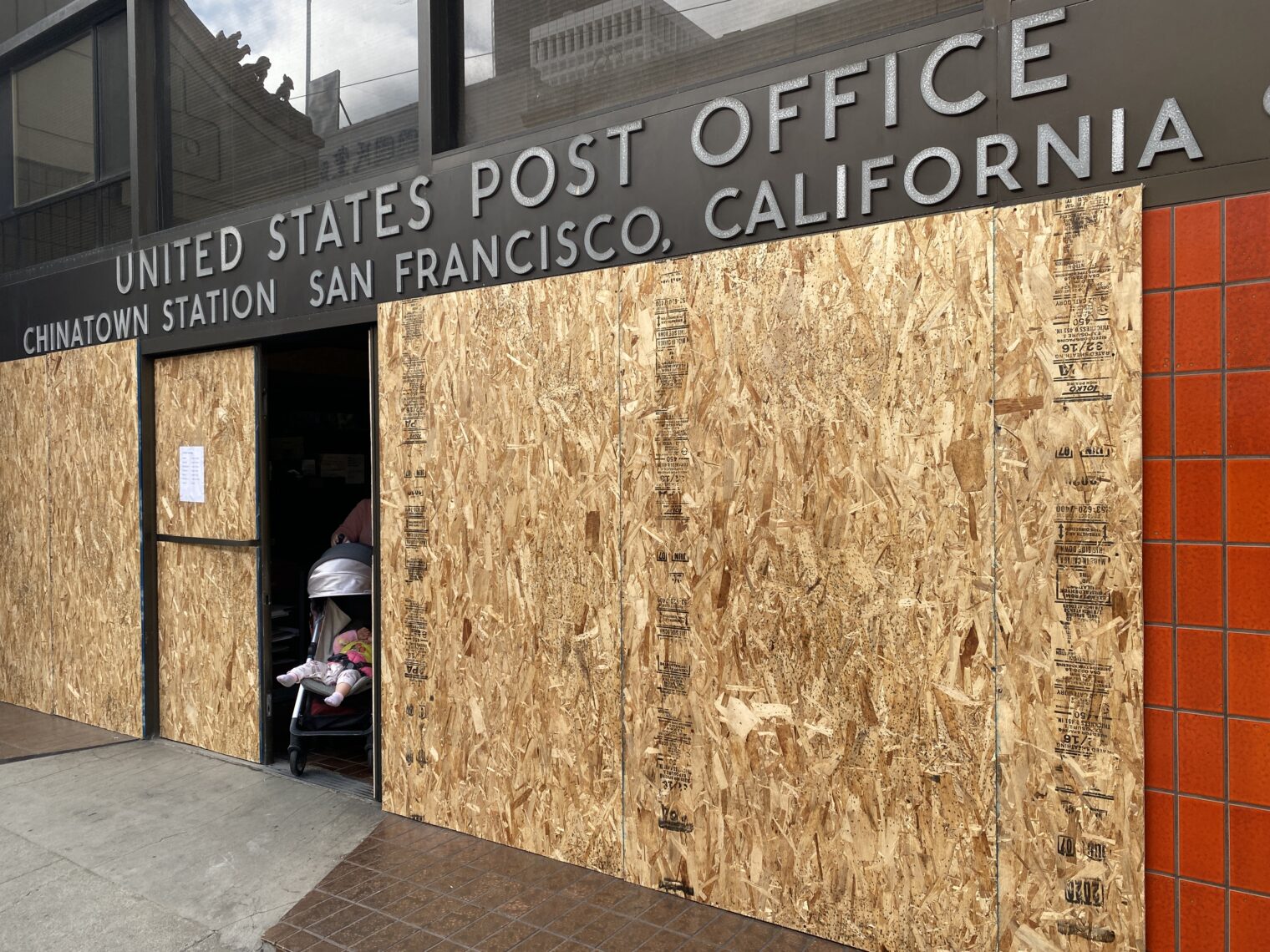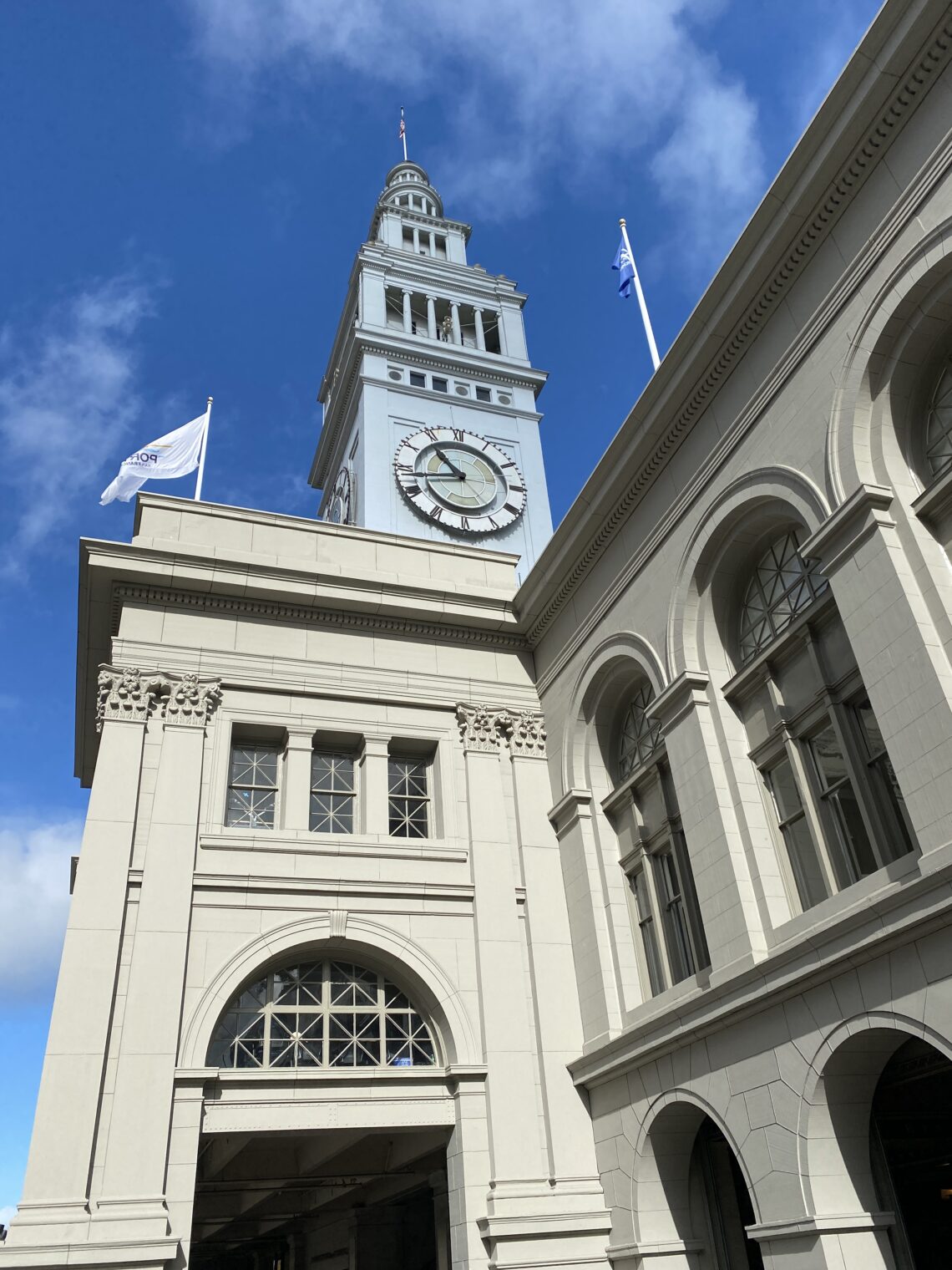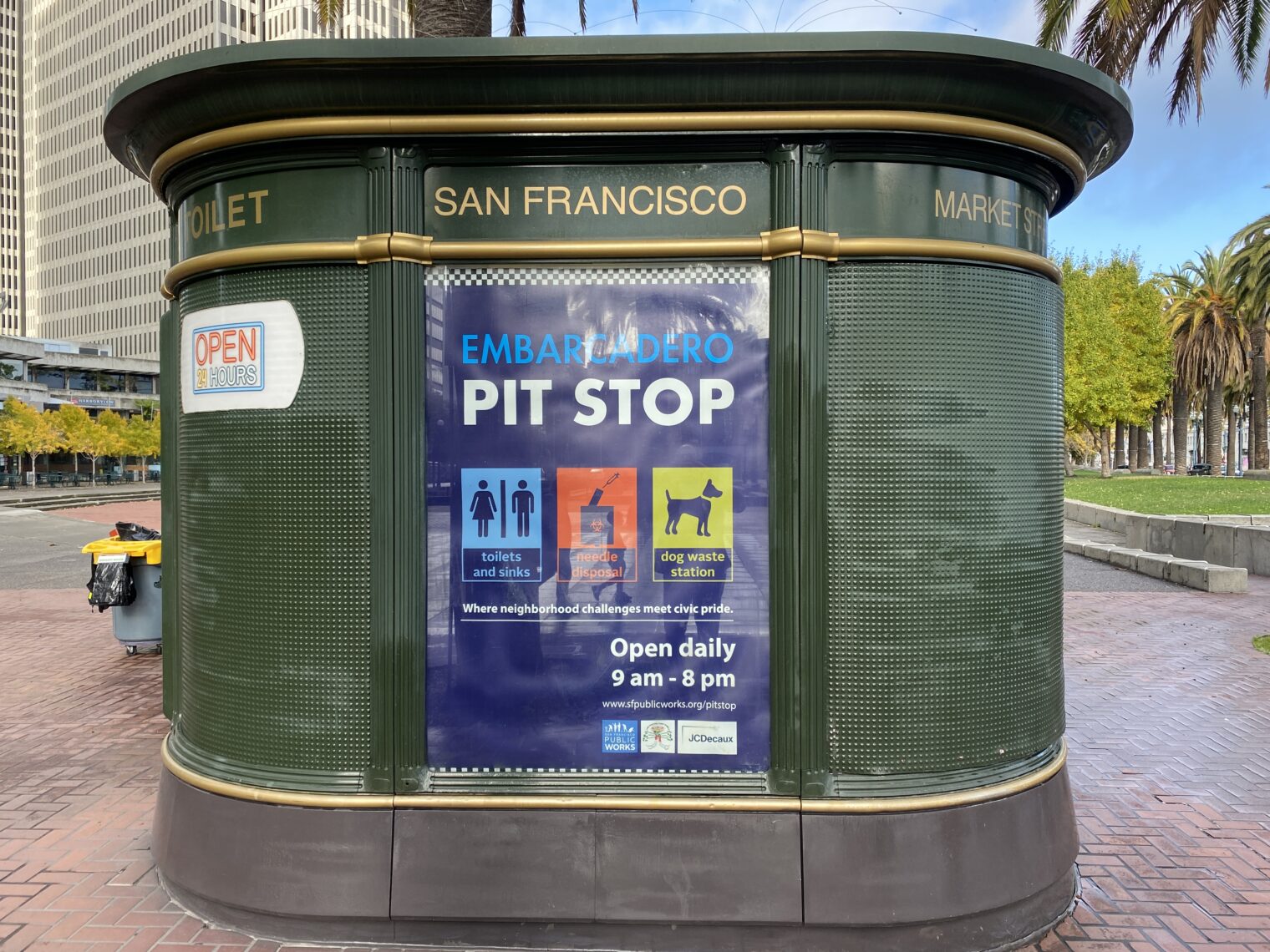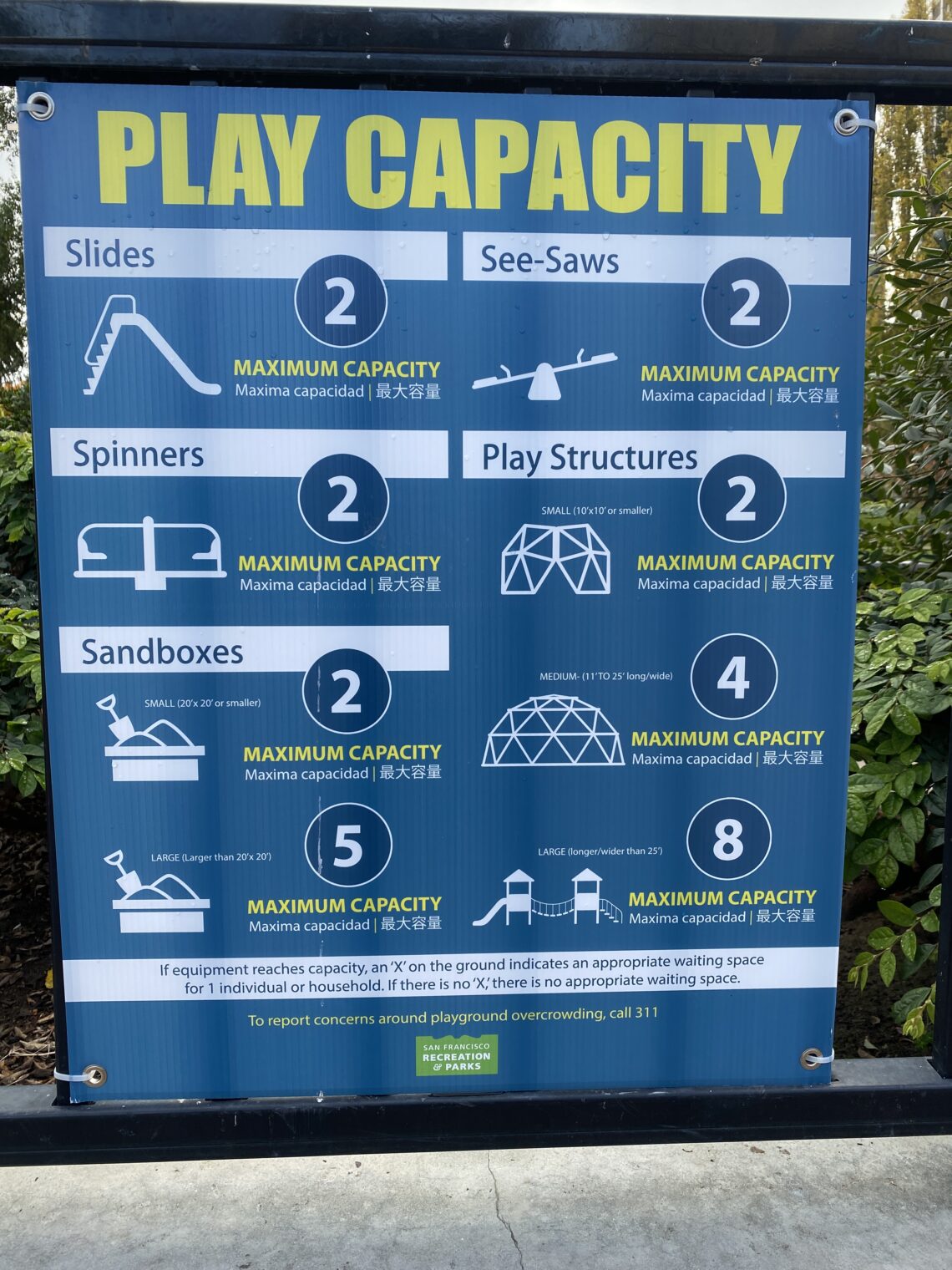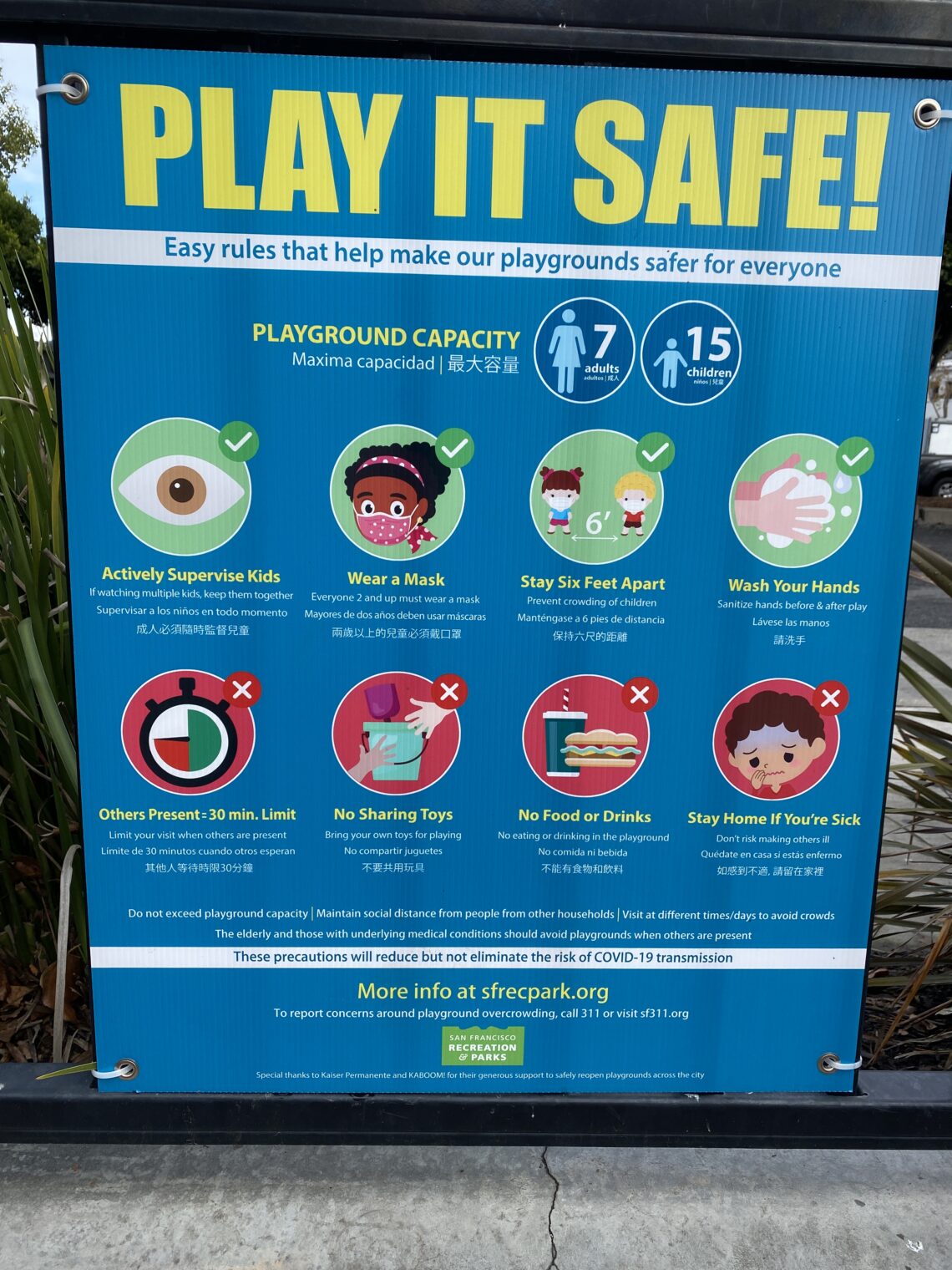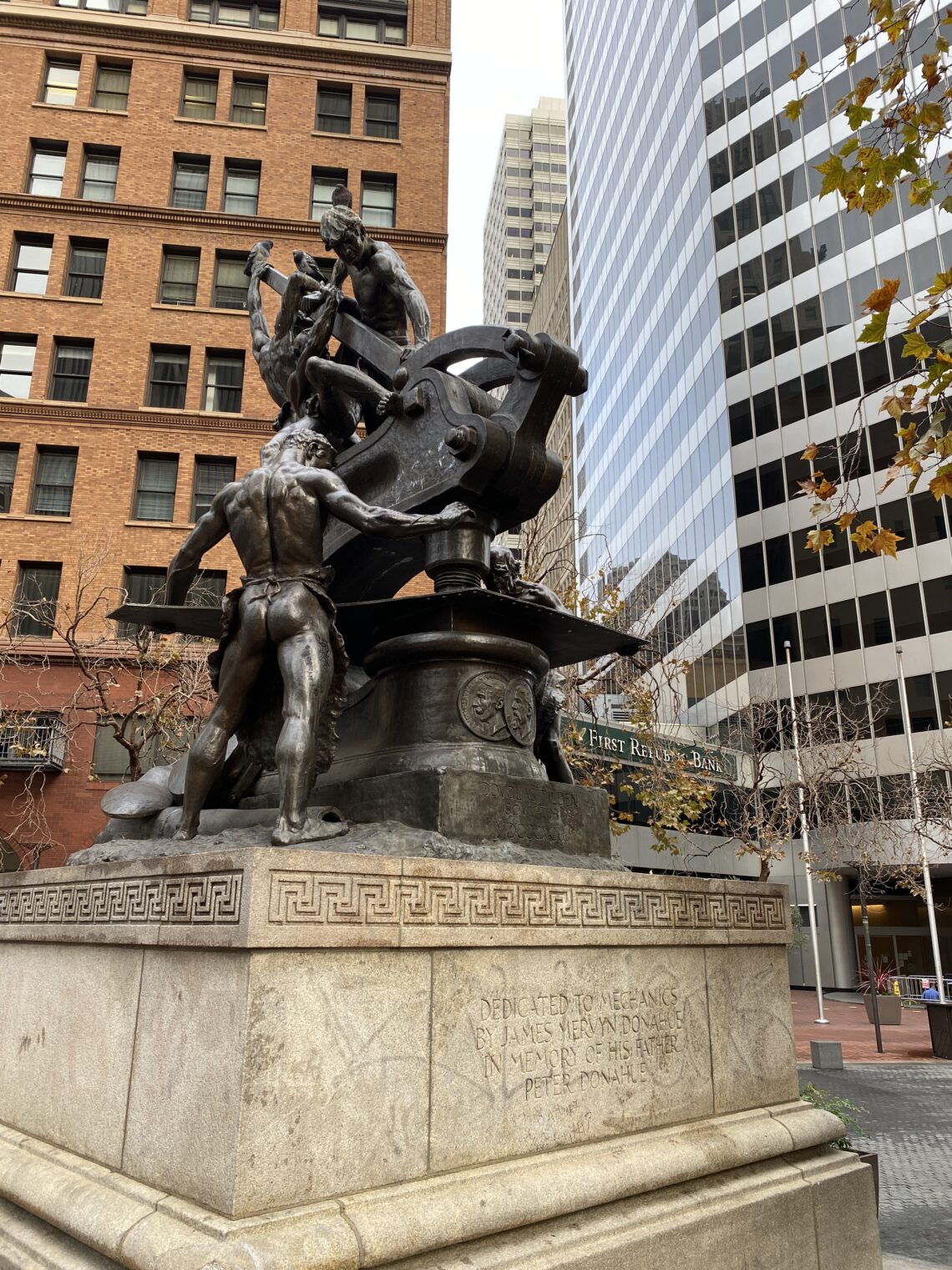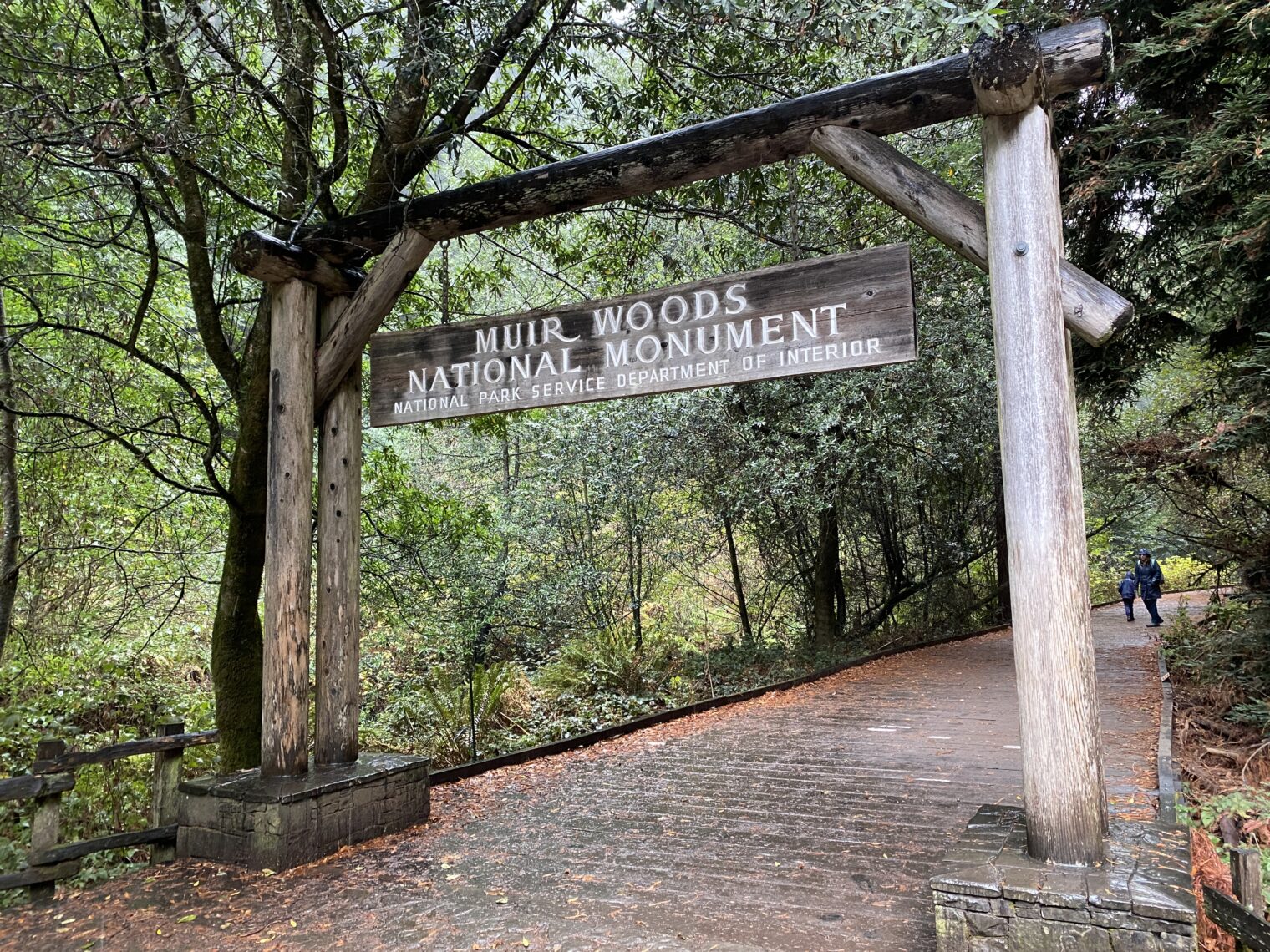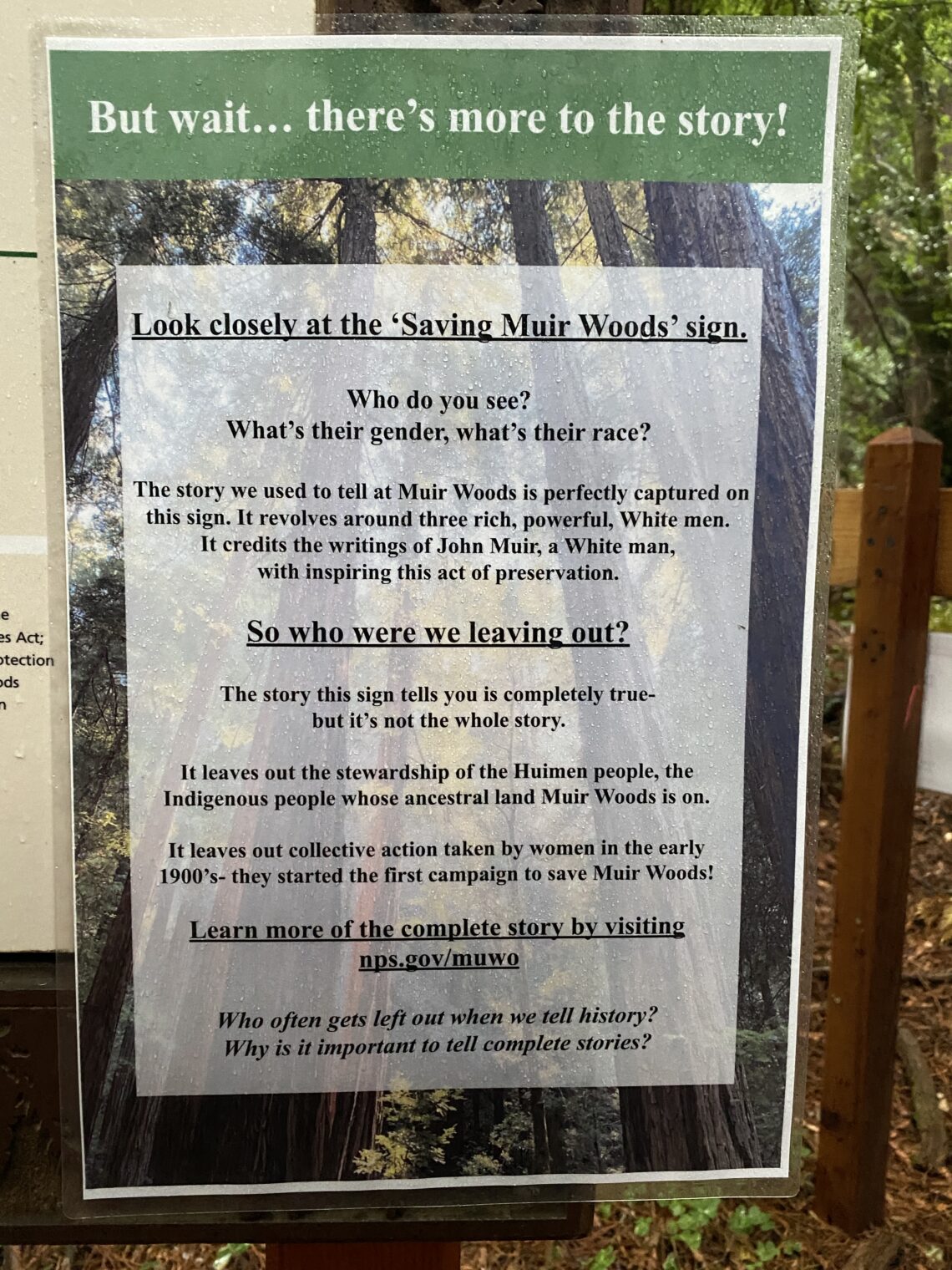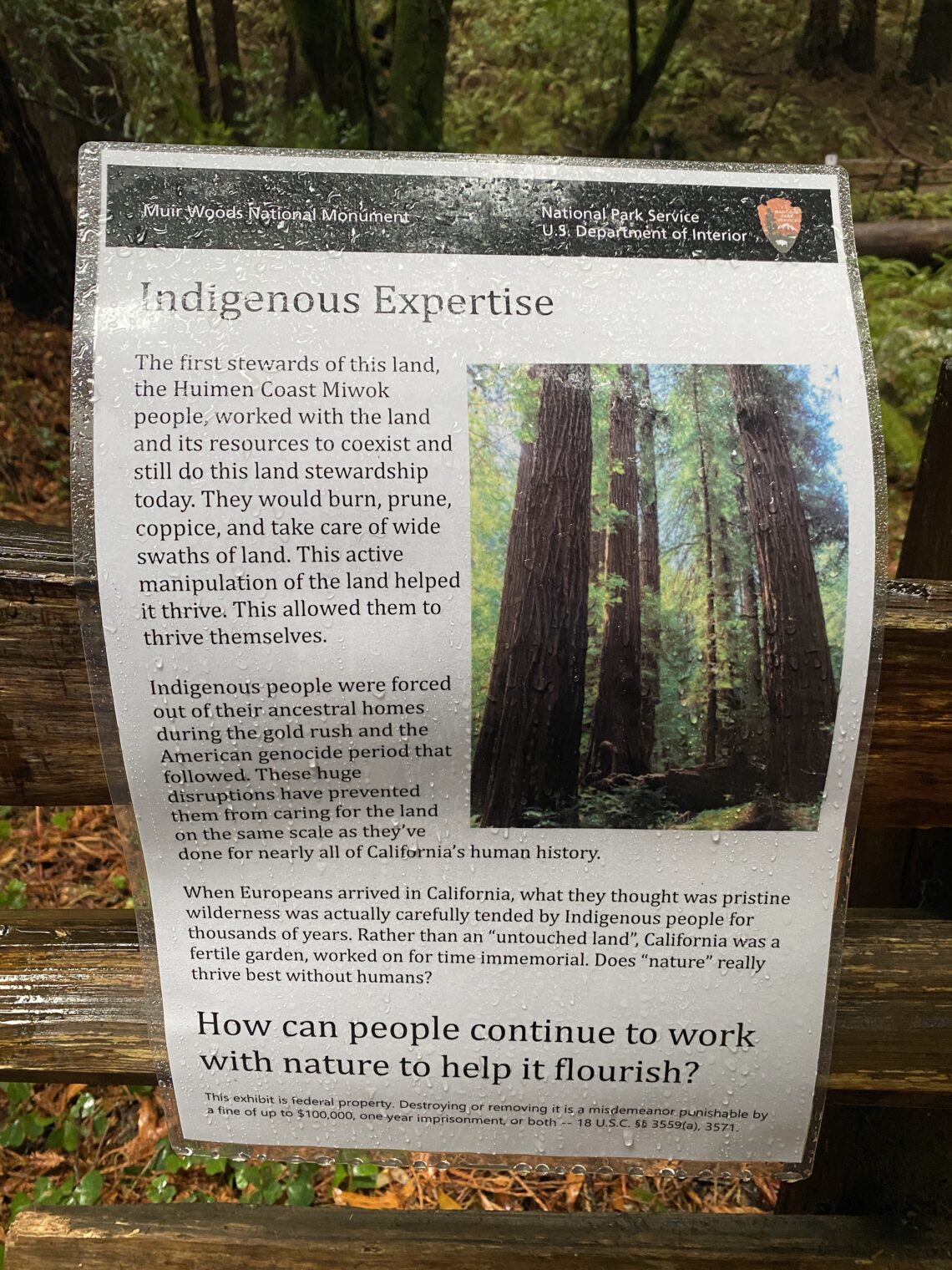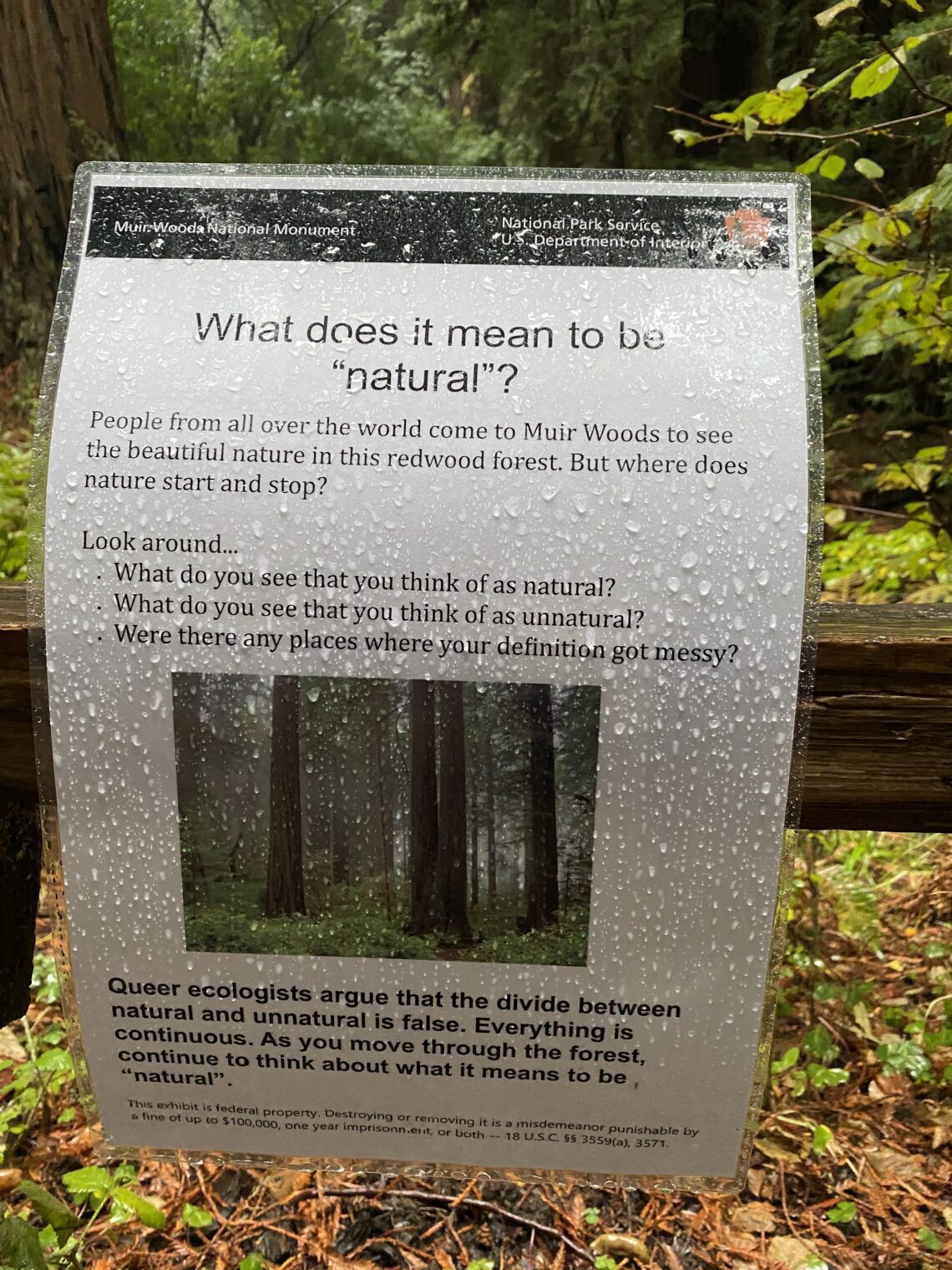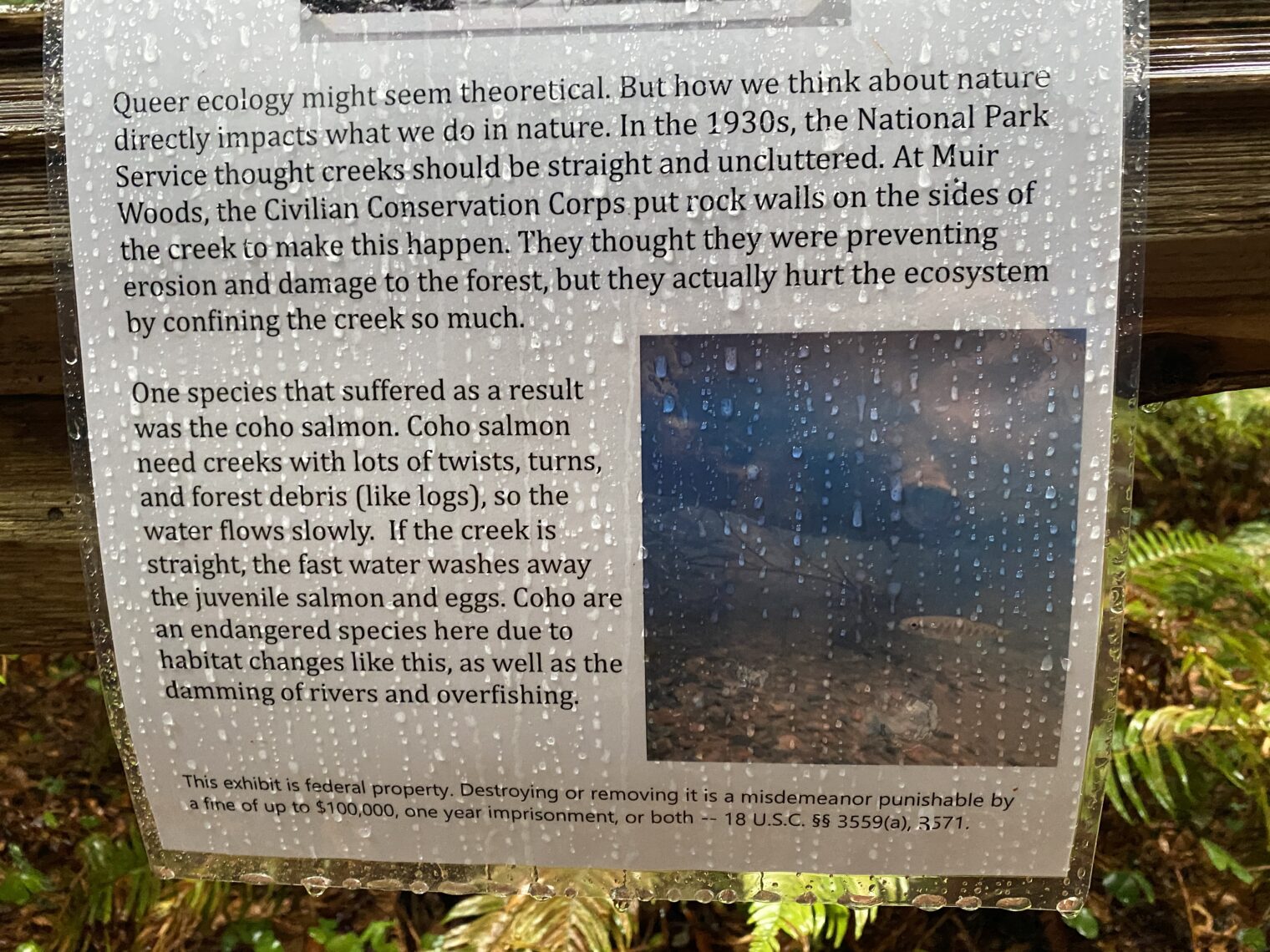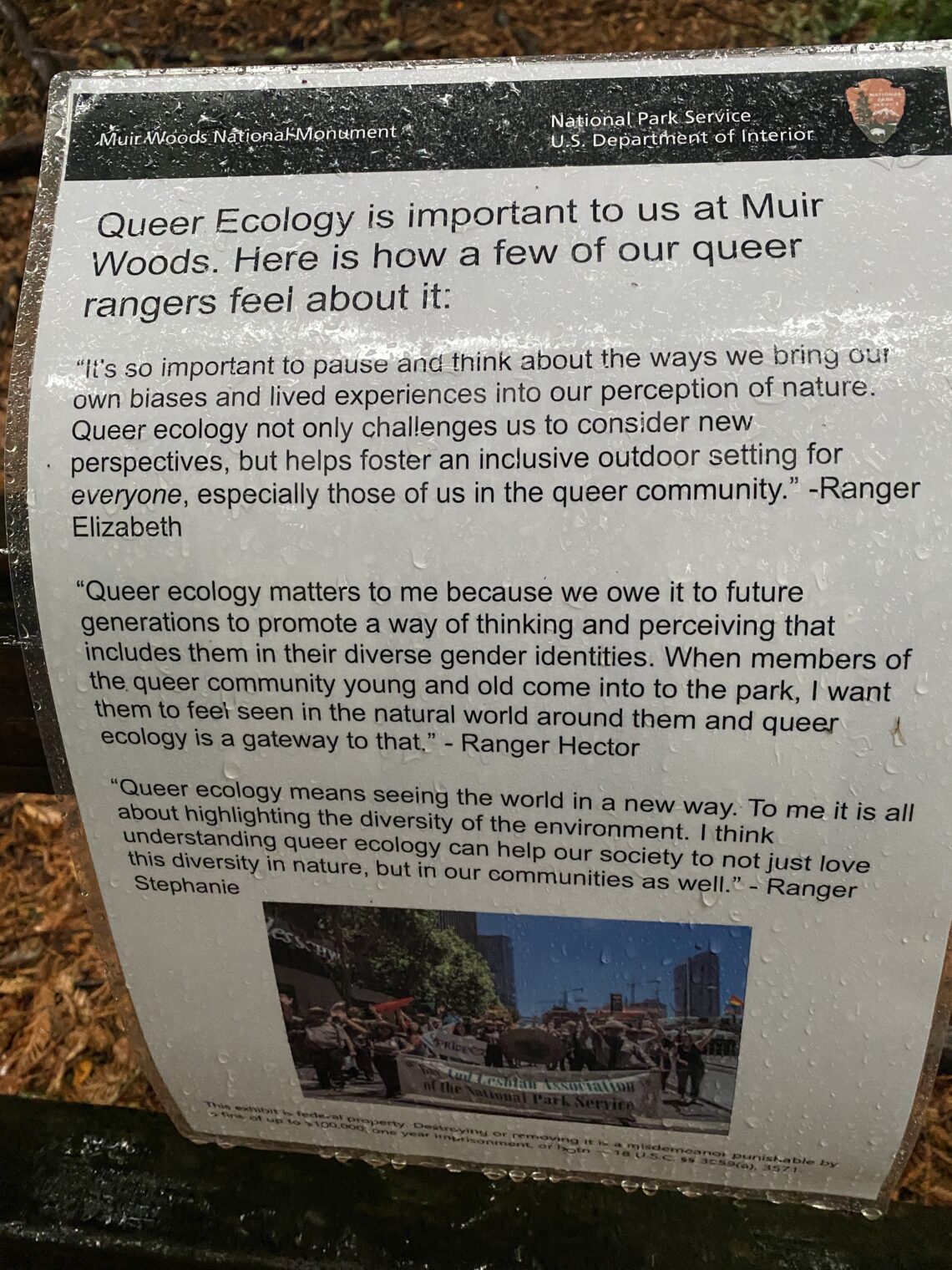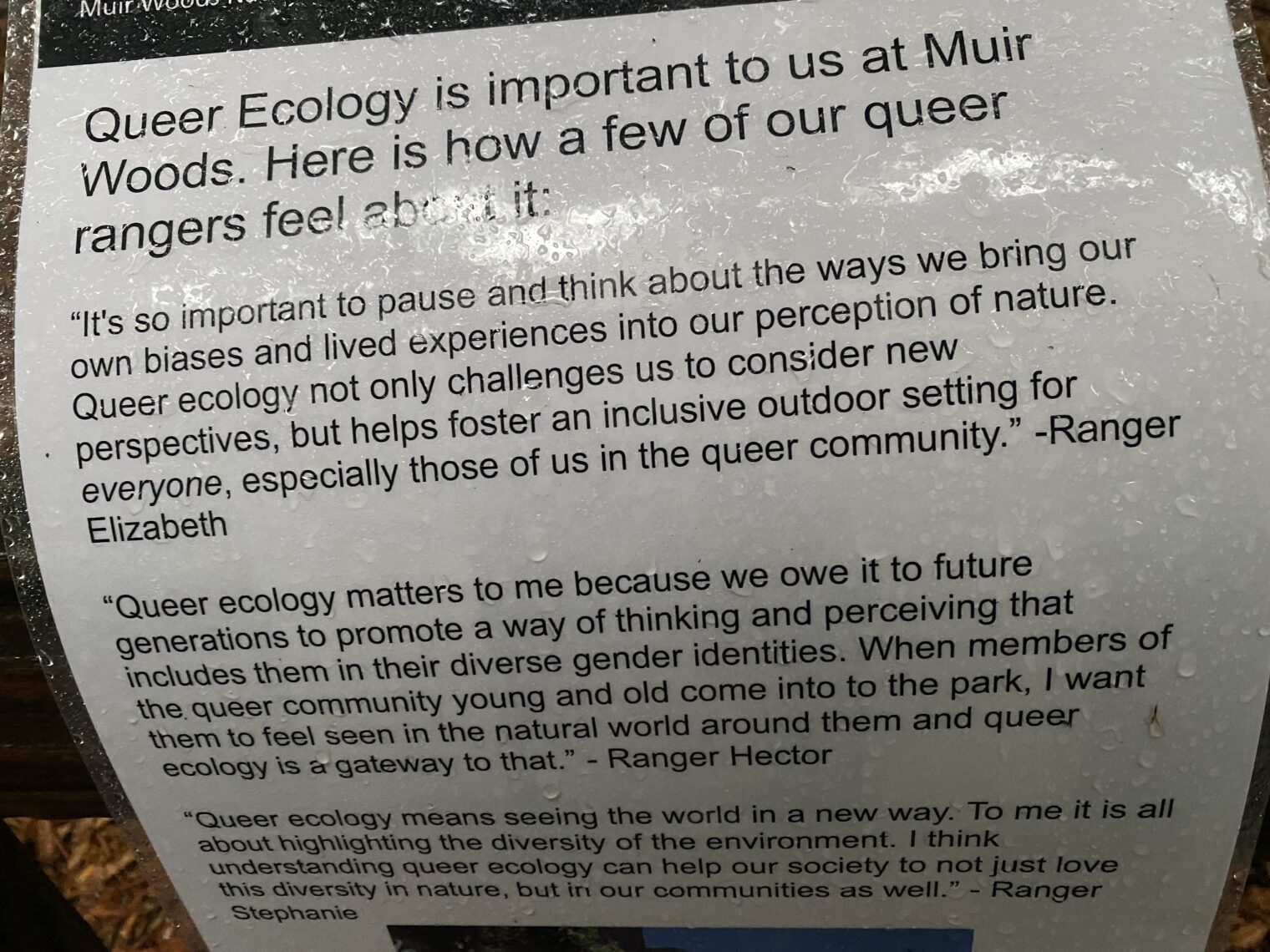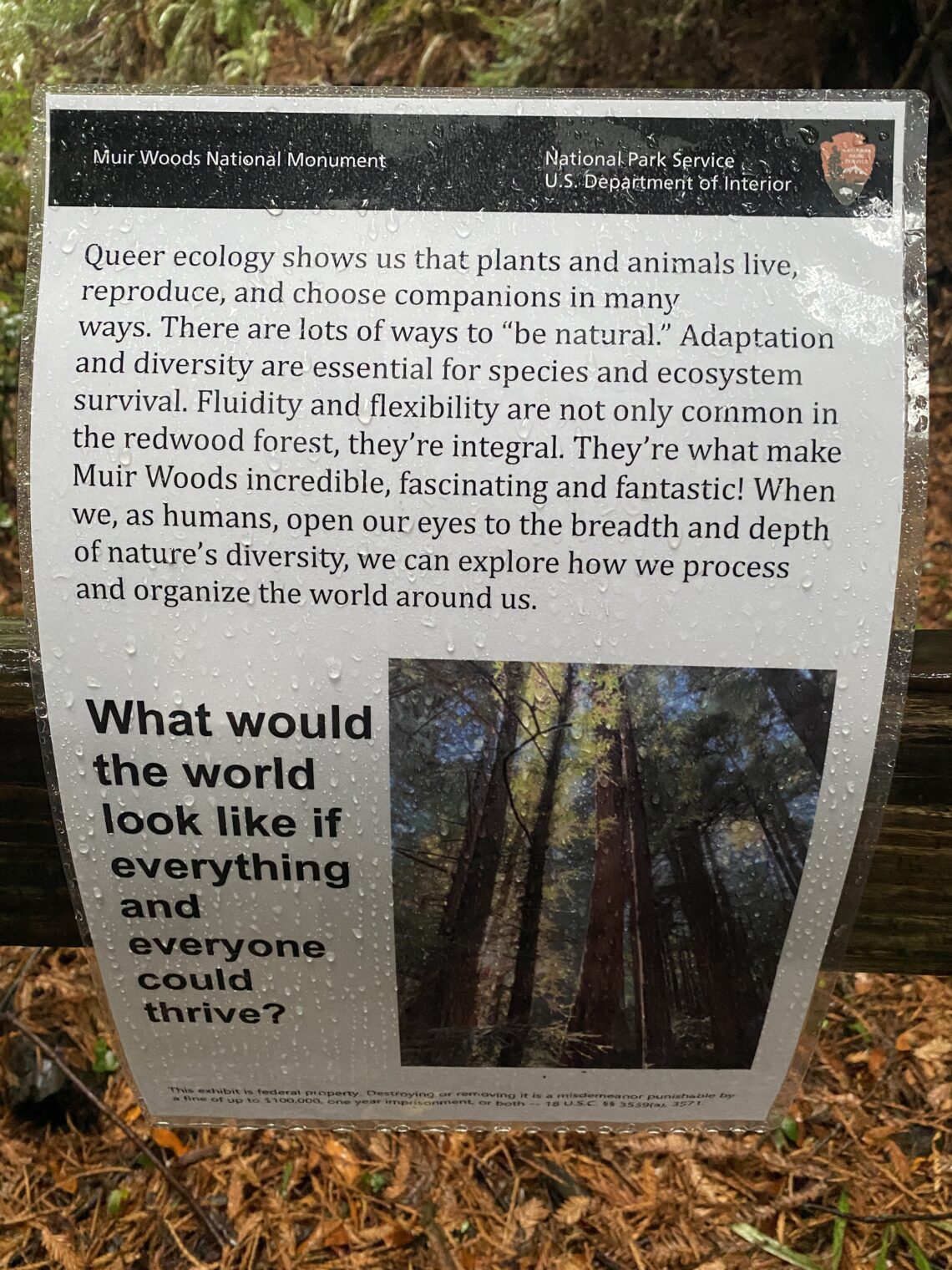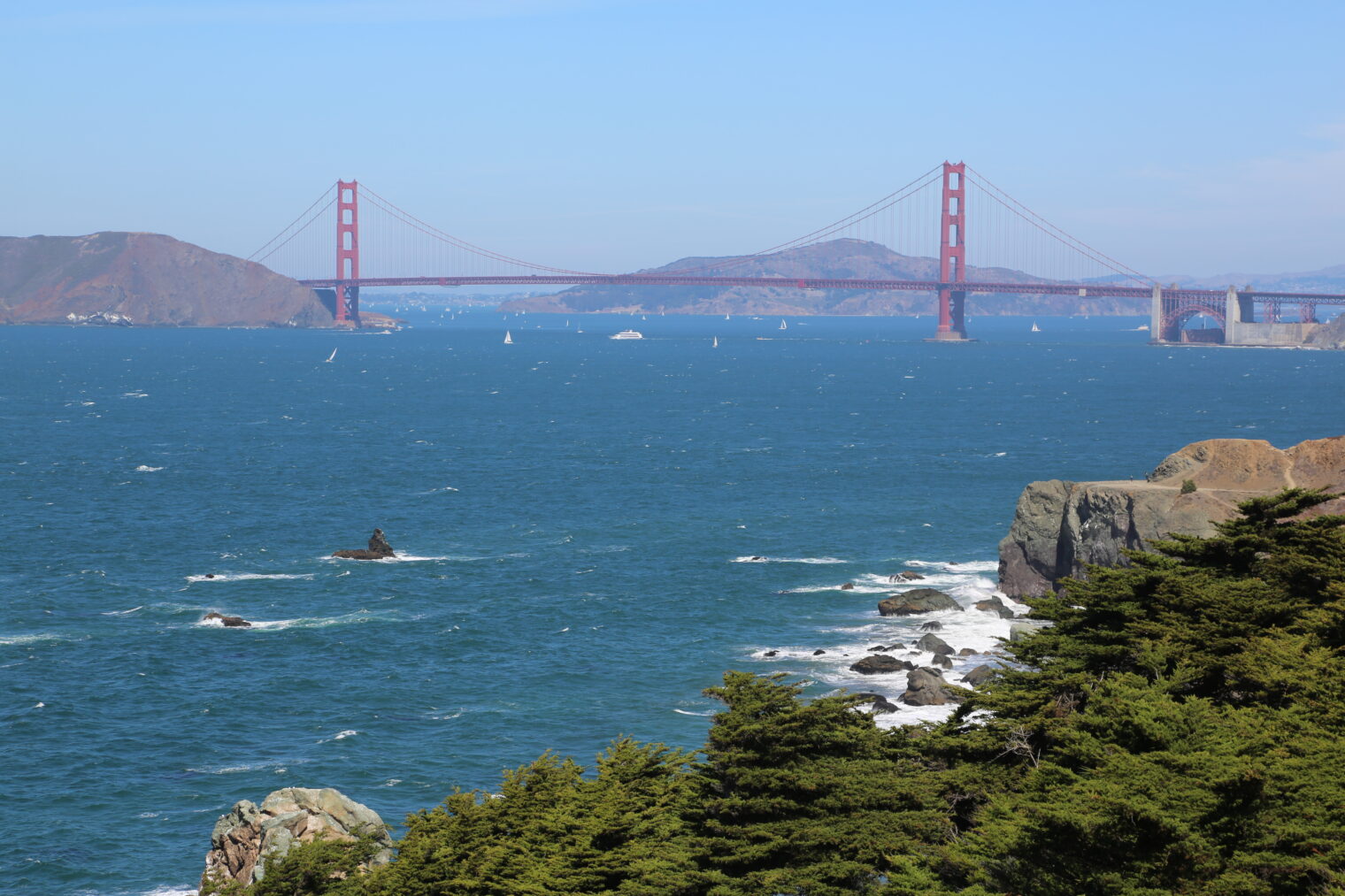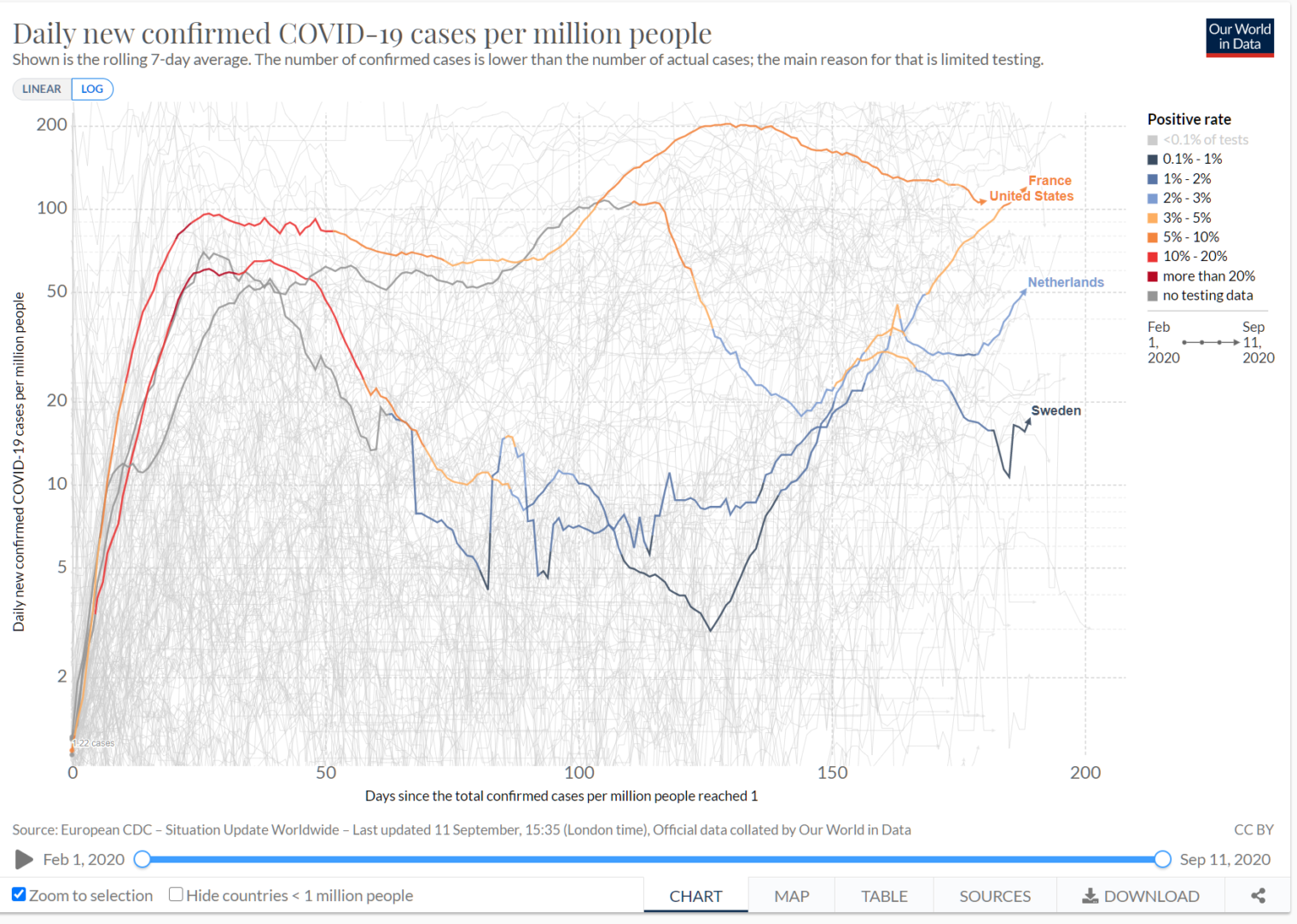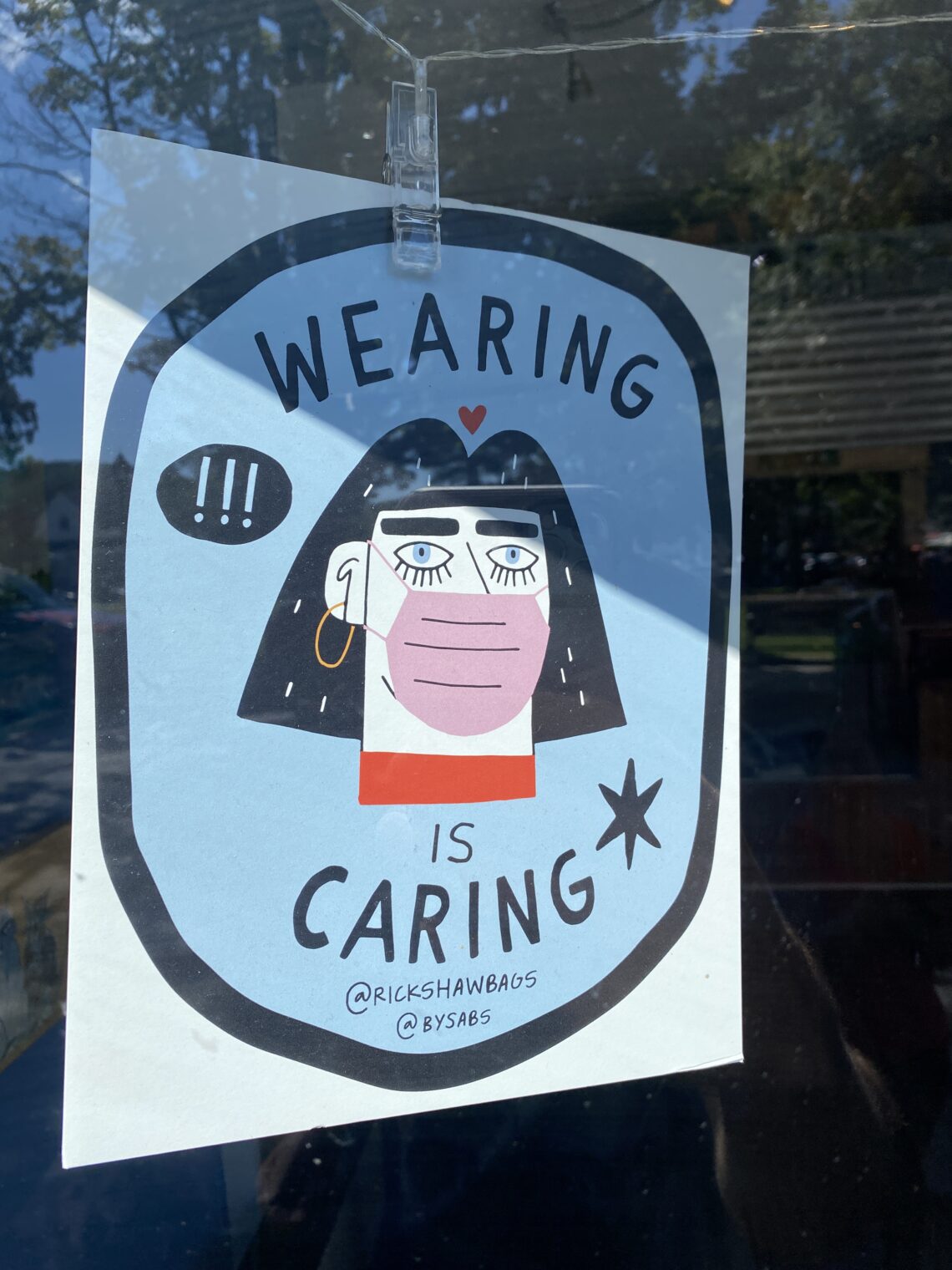“California Tax Revolt Faces a Retreat, 40 Years Later” (NYT):
The new initiative, Proposition 15, would amend the state’s Constitution so that properties like offices and industrial parks would no longer be protected by Proposition 13. By creating a “split roll” system, in which residential property would continue to be shielded from tax increases but commercial property would not, backers hope to capitalize on Democratic energy to raise taxes on large corporations without alarming homeowners.
Proposition 15 would raise $6.5 billion to $11.5 billion a year for public schools, community colleges and city and county governments, according to a nonpartisan state agency. The Yes campaign, called Schools and Communities First, is backed by a number of public employees unions and the Chan Zuckerberg Initiative, the philanthropic organization founded by Mark Zuckerberg, the Facebook chief executive, and his wife, Priscilla Chan.
So… Mark Zuckerberg doesn’t want to see higher taxes on all forms of wealth, but only on wealth held in the form of real estate (0.01% of his personal wealth of at least $100 billion?)!
Separately, it turns out that commercial property owners actually don’t pay that much in tax in California:
It is not uncommon for neighbors to pay double or triple the taxes of a similar home on the same block. A recent analysis of property taxes across the Bay Area is rife with eye-popping comparisons, like a $9 million home in an exclusive neighborhood of San Francisco that has lower property taxes than a $331,000 home near an oil refinery across the bay in Richmond.
When Proposition 13 passed, commercial property taxes were almost an afterthought. But since skyscrapers and shopping malls do not change hands as often as homes do, the law has shifted the property tax burden from corporations to homeowners. In 1975, a little under half the property taxes in Los Angeles County were paid by commercial properties. By 2017, commercial properties accounted for just over one-quarter of the property tax roll.
One part of this may be that each commercial property tends to live in its own LLC (oftentimes this is a condition of getting bank/mortgage financing). (So a guy like Donald Trump with multiple properties will inevitably have a complex tax return.) When investors come in and get bought out, the official ownership of the building hasn’t changed (still the LLC). California seems to have a mechanism for updating tax liability if most of the membership interest is swapped out, but I wonder how they enforce this in practice (since membership interest might not be accessible to the California government).
A friend who is a lawyer in Long Beach told me of doing some work for an apartment building owner. While doing this work he discovered that the massive apartment building paid less in property tax than he owed for his modest 2BR house.
As a percentage of residents’ income, California collects the 6th highest percentage of any state (Tax Foundation). On the other hand, the government is not nearly big/rich enough to give voters everything that they want and certainly not to give retired public employees everything that has been promised to them in terms of pensions and health insurance. So the state government will need massive additional revenue. But why not a straight wealth tax on Silicon Valley billionaires?
Full post, including comments 


